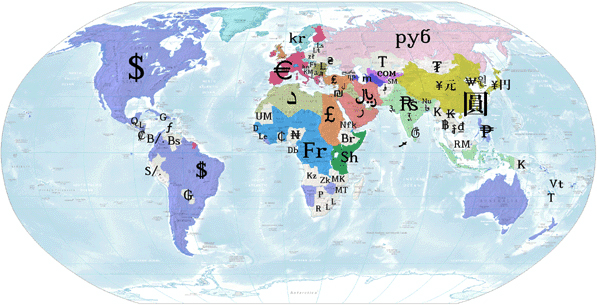 Recent political debates and articles in the media have questioned and often criticized the value of capitalism. Yet, it is important first examine what capitalism is and evaluate what capitalism has done for people in the United States and throughout the world. First capitalism is a market based economic system that is based upon private property (the opportunity for people to own things , including their homes and businesses, but also intellectual properties they develop, etc.). Competition is the second key (giving people as consumers more choices and more opportunities to select which products they decide to buy or not buy, as well as giving people choices and opportunities to develop new and better products .. Thirdly the opportunity for innovators to obtain profits also benefits the consumers as well as the innovators, as it incentivizes the innovators to develop and produce better competitive products at lower prices for the consumers.
Recent political debates and articles in the media have questioned and often criticized the value of capitalism. Yet, it is important first examine what capitalism is and evaluate what capitalism has done for people in the United States and throughout the world. First capitalism is a market based economic system that is based upon private property (the opportunity for people to own things , including their homes and businesses, but also intellectual properties they develop, etc.). Competition is the second key (giving people as consumers more choices and more opportunities to select which products they decide to buy or not buy, as well as giving people choices and opportunities to develop new and better products .. Thirdly the opportunity for innovators to obtain profits also benefits the consumers as well as the innovators, as it incentivizes the innovators to develop and produce better competitive products at lower prices for the consumers.
Market capitalism has been the key to the vibrant economy in the United States that is the envy of the World, as reflected in the millions of people from around the world who desire to immigrate in to the United Sates every year.
Unlike chemistry and physics, economists and political ‘scientists’ cannot put their components (e.g., countries) in to test tubes to compare economic and political system. Yet significant evidence of the value of capitalism is reflected in a look at what was done to two ‘nations’ ( the people of Germany and Korea) after World War II. Germany was divided in to sectors which led to a West Germany (with a democratic capitalist market economy) , while East Germany (under Soviet control was established as single party Marxist socialist state). While the West prospered, the East stagnated, and the East German government had to build a wall too keep their people from escaping to the West.. After the Berlin Wall came down and Germany was re-unified, Germany has had to spend billions to bring the East up to Western standards. Korea is another example of a nation (a group of people untied by a common ethnicity, language, and history) divided in to Marxist socialist state (North Korea) and a market capitalist economy in the South. North Korea remains a Marxist socialist economy (with a reported inability to feed all its people and little to no freedoms for other than the government party officials); while South Korea’s economic development has labeled them as one of the Asian “Economic Tigers” (producing automobiles and electronics in demand throughout the world, and an enhanced quality of life to the people in the South). It is also important to note that South Korea has evolved into a stable democracy. Recent history has shown that capitalism is a facilitator for democracy (as people obtain economic choices, they also seek political choices).
As Churchill famous quote goes: “Democracy is the worst from of government, except for all the others” (meaning it is the best among the choices).
History clearly shows that capitalism (in spite of some anecdotal criticisms) also remains the best choice to facilitate both economic and democratic political development. Market capitalism has created the wealth to fund programs like social security, Medicaid and Medicare. So as the old expression goes: “Do not throughout the baby with the bathwater.”
Laurel Mayer
Contributing Writer

